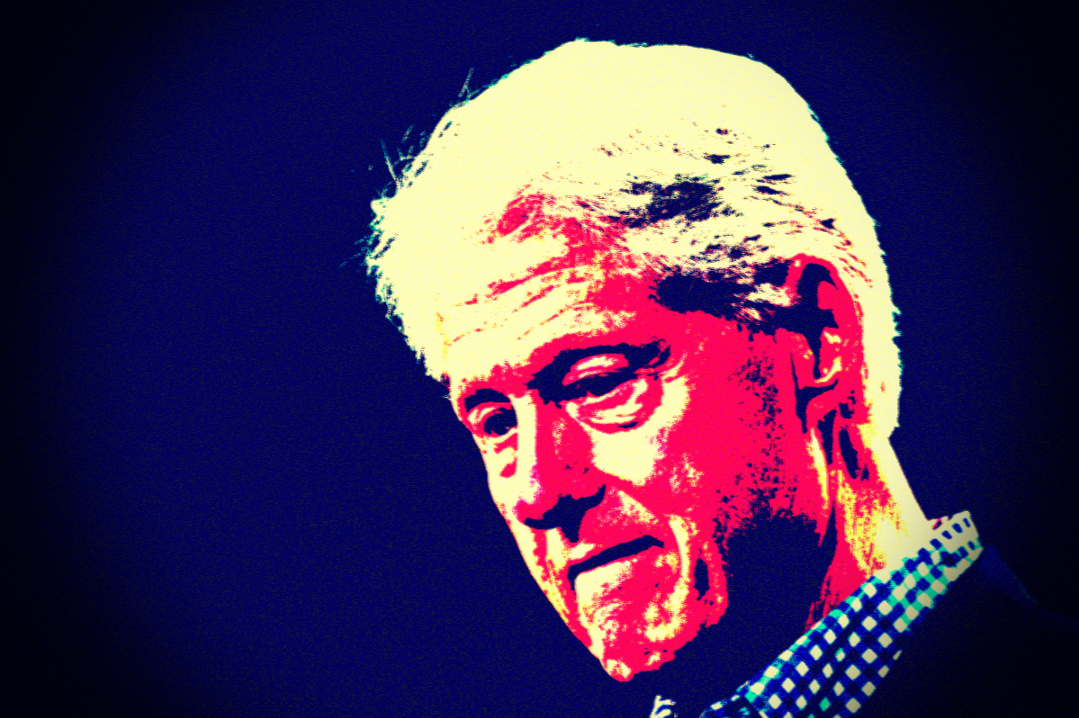President Clinton's Memory Lapses
 Image of Bill Clinton, poorly animefied with easy tools on my mobile phone, not worth mentioning, but I like to be consistent, 2025
Image of Bill Clinton, poorly animefied with easy tools on my mobile phone, not worth mentioning, but I like to be consistent, 2025
Interestingly, the former president, who nearly stumbled over the affair with his intern Monika Lewinsky in the late 1990s, used the phrase “I don't recall” 26 times in his defense during his hearing. The phrase became a catchphrase and symbol of political evasion, leaving Clinton, otherwise known as a master of memory, struggling to explain himself.
Journalist Joe Klein reported in his book “Primary Colors” and in several articles that Clinton often remembered personal details about people he had only met briefly years earlier during campaign appearances—such as names of family members, professional situations, or topics of conversation. At one campaign event, for example, he greeted a voter with the words, “How's your daughter? Is she well again?” The same man, however, could not remember what sexual services his employee had provided him with?!?!
This brings us to the heart of the problem. It is quite obvious that some people can hide behind their failing memory, while others cannot. The alleged loss of memory is apparently a privilege that must first be earned. That this privilege is a male one can be seen in the countless cases against men whose traumatized victims (mostly women) cannot remember all the details of the crime and are therefore discredited as untrustworthy.
In the trial against Dominique Strauss-Kahn (DSK), one of the most powerful men of his time, the memory lapse of the alleged victim, Nafissatou Diallo, was viewed critically by parts of the public and the defense. This, and an out-of-court settlement (aka bribery), led to the case being dropped.
So whenever someone can claim memory loss and memory gaps and get away with it, we are dealing with a level of privilege that is paid for with status, wealth, and reputation, which must be so great that losing face does not become existential. Bill Clinton has had enough of it all. Power, money, fame, and status. Monica Lewinsky had none of it.
— Frank-Thorsten Moll, 2025 —
 animeyfied picture of Andreas Scheuer, 2024
animeyfied picture of Andreas Scheuer, 2024 animeyfied picture of Donald Trump, 2024
animeyfied picture of Donald Trump, 2024 Animeyfied picture of Olaf Scholz, 2024
Animeyfied picture of Olaf Scholz, 2024